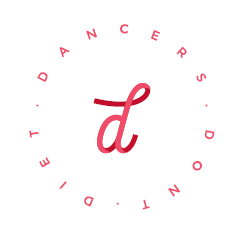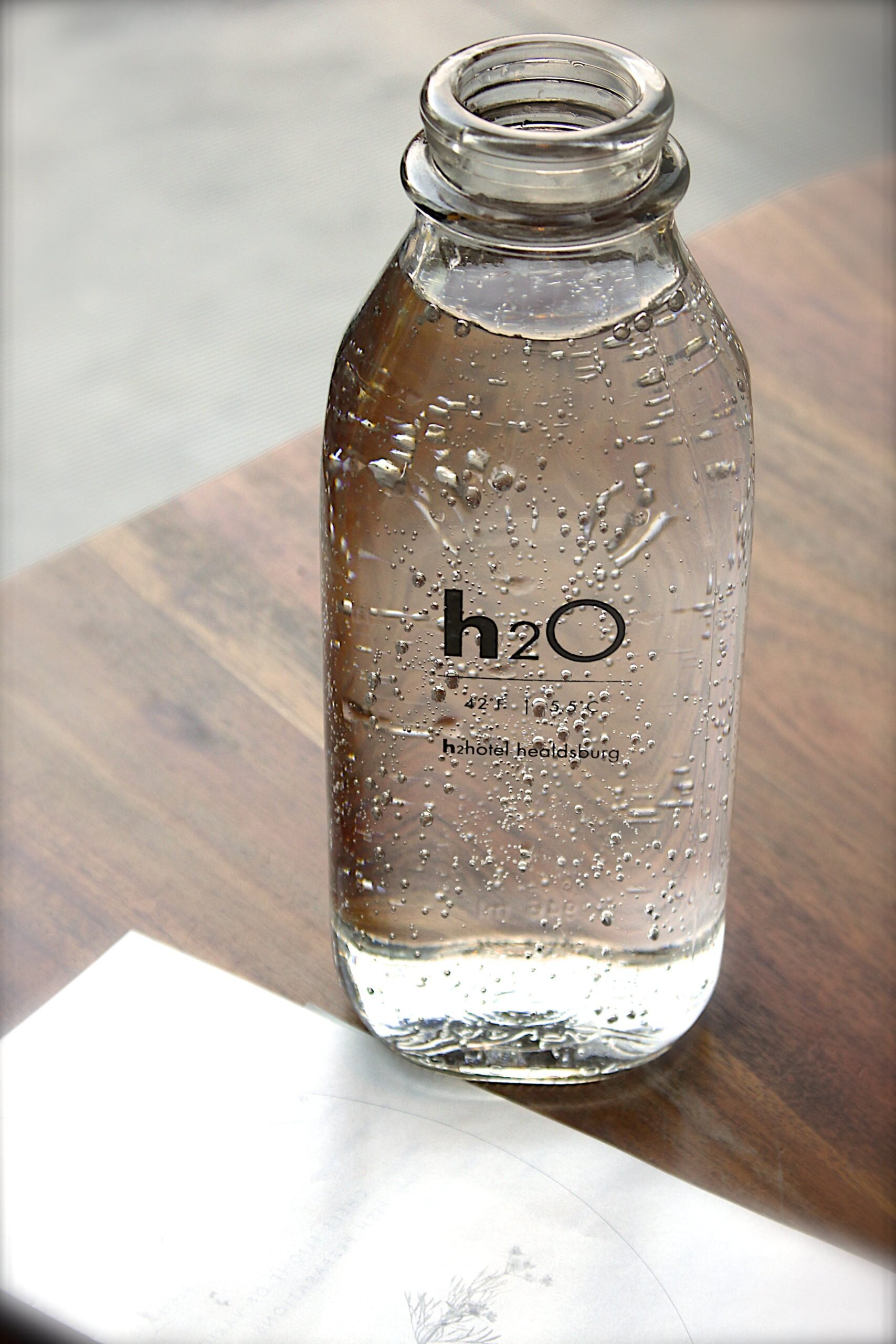Dancer's Hydration Guide for Summer
 Have you ever felt light-headed, dizzy, or just not at your best during class in Summer, for no particular reason? Because the reason behind it can be as simple as dehydration. As a dancer you want to keep well-hydrated because with dehydration comes fatigue, cramps, and disrupted concentration. If it's severe then you may also feel dizzy, light-headed and nauseous. Not a pleasant experience, is it? The tricky thing is that you only feel thirsty when the body has already lost 1-2 litres of water. So you're already dehydrated when you feel thirsty. Ooops. So here's my advice to you on what you can start today:
Have you ever felt light-headed, dizzy, or just not at your best during class in Summer, for no particular reason? Because the reason behind it can be as simple as dehydration. As a dancer you want to keep well-hydrated because with dehydration comes fatigue, cramps, and disrupted concentration. If it's severe then you may also feel dizzy, light-headed and nauseous. Not a pleasant experience, is it? The tricky thing is that you only feel thirsty when the body has already lost 1-2 litres of water. So you're already dehydrated when you feel thirsty. Ooops. So here's my advice to you on what you can start today:
- Do a pee-check
- Put your Hydration Action Plan in place (see below for a guide)
The pee-check:This is the quickest (and often quite amusing) way to check your hydration status. You go to the bathroom and make an observation of your urine colour.When you're well-hydrated, your urine has a pale-yellow colour. The more dehydrated, the darker the colour.If you finish a lesson/rehearsal/show and your urine is dark, you have gotten into a dehydrated status. If that's the case then you want to drink water and check again in an hour to see if the colour has improved. It may take a few cups of water and a few hours to bring yourself back to a well-hydrated status. Hydration Action Plan:To avoid dehydration in the first place, it's best to familiarise yourself with a hydration plan.The most important thing is to sip water throughout the day instead of gulping cups in one go. For teens and adults this can be 6-10 cups/day, with the volume depending on your activity level, body size, and the environment (heat).Specifically, these are some things you can do around your lesson to ensure good hydration status:
The more dehydrated, the darker the colour.If you finish a lesson/rehearsal/show and your urine is dark, you have gotten into a dehydrated status. If that's the case then you want to drink water and check again in an hour to see if the colour has improved. It may take a few cups of water and a few hours to bring yourself back to a well-hydrated status. Hydration Action Plan:To avoid dehydration in the first place, it's best to familiarise yourself with a hydration plan.The most important thing is to sip water throughout the day instead of gulping cups in one go. For teens and adults this can be 6-10 cups/day, with the volume depending on your activity level, body size, and the environment (heat).Specifically, these are some things you can do around your lesson to ensure good hydration status:
- Aim to drink about a cup of fluid 2-3 hours prior to the lesson.
- Top it up with another 1/2 cup of fluid about half an hour before the lesson.
- For every half an hour of lesson, drink 1/2 cup of fluid.
What's the best fluid to drink?For everyday class/lessons, water would be the ideal choice, because the intensity and the duration of the activity isn't huge.For long shows and/or intense classes, sports drink can be useful too. It's best to talk to your dance dietitian individually about the most helpful options. Fumi x *** Please note that this is general advice only. Your specific individual needs must be discussed with your medical/health professional.

